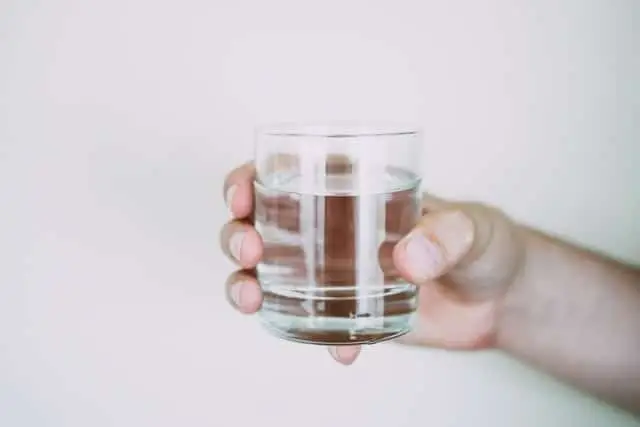If you’re looking to purchase a home, it’s important to get a home inspection. Many lenders prefer to go a step further and request a water quality inspection as well. This will be mandatory if the home you’re purchasing has a private well. This test involves grabbing samples and taking them to a lab. If the home doesn’t pass the test, there are treatments available. While a home inspector doesn’t typically test the water, they are usually able to if requested. Some labs will also teach you how to collect the samples they need.
What is water quality testing and water inspection?
Water Quality Testing looks for various pollutants, such as Coliform (a bacteria), nitrates and nitrites, the hardness of the water, and the pH (acidity) levels. This is important if the land is close to agriculture, mining, dry cleaning, landfills, gas stations, and various industrial facilities. Primary contamination is the term for water that may cause health effects. Secondary contamination is aesthetic. It may contain a bad taste or smell. Simple water filters can improve most low-quality water tests.
If homeowners drink water with contaminants, it can cause health problems. Some of these include gastrointestinal illnesses, effects on the nervous and reproductive systems, and possibly even cancer. There could be chemical contamination, which would leave your skin discolored or can lead to organ failure.
Home inspection water test
Water testing is not a common point within a home inspection checklist. Home inspectors are generalists who analyze problems that they can see. Many home inspectors can test the water for you if requested. The important thing to note is that a lab will actually test the water. It usually takes 48 hours for results.
When should I have my water quality tested?
You should get your water tested if you suspect a problem. If the water smells funny, tastes odd, or even is discolored. If you use well water, you should have it tested annually. You should also test if you must open the well or if you experience oddities with the water pressure. Certain lenders will request water tests as part of a condition to give you a loan.
Professional water tests
For professional water testing, it’s recommended you find a certified water testing laboratory. The EPA has lab recommendations for you. If warned ahead of time, home inspectors can get guidance from these labs over what is needed. You can also gather samples for the labs. They should give you or your inspector clear directions on where to get the water and how to preserve the sample. You may need to collect water from various sources. You may need to ensure your container is kept sterile. Some labs have their own technicians they can dispatch.
Home water test kit
You can test the water from your home. You will need a special kit, which you can obtain from most hardware stores, or online. Some labs may even sell them. These tests involve test strips; while they’re not EPA approved, they can do the job. This also saves the cost of sending your samples to a lab. Some states have rules for who can independently test the water, so be sure to look. Not all of these kits may be technically limited and may require a lab for proper analysis.
Water test results
Water test results can look daunting at first glance. You’ll see mg/l, milligrams per liter, or one-part containment for every million parts of water. This measurement is for metals and nitrates. You may even see toxic substances use ppb or parts per billion. Below the measurements, a good water test will outline anything that exceeds drinking water standards, so you can’t miss it.
Water test results and homebuyers
If you are a buyer and your test quality shows a poor result, you will have to inform the seller immediately. After all, this could be a health risk for them. They will be responsible for cleaning the water and bringing it back to proper levels. You will probably have to test it again once they’ve done this.
Water test results and sellers
If you’re the seller and have low water quality, you’ll want to act immediately. Start by maintaining a boiling advisory for your home until you can fix up the water. This means boiling any water you intend to drink that you need for food and want to make ice out of. Boiling water will kill any bacteria that live in the water.
Next, it really depends on the problem. You can purchase a water softener for your well if the water is hard. You can set up reverse osmosis for your well, which can help with minerals such as fluoride. You can chlorine shock the well if people are getting sick from the water. Filters are also great ways to clean up the water. Some have UV protection, and others will neutralize various acids that can contaminate your well.
There are a variety of ways to treat your well water and even professionals who can assist you.
The bottom line
Talking about water quality testing can be an unpleasant topic. Nobody wants to consider their water isn’t safe to drink. A water test will give you peace of mind and confidence in your water. You will know your family will be healthy in your new home. Now that you know the ins and outs of water testing, you can choose the right options. Water shouldn’t be a mystery, and water testing kits are readily accessible. Most problems with water show symptoms, which means you’re likely to notice oddities if something is wrong. If the water is contaminated, there are solutions available. When it comes to health, and when it comes to buying a home, you certainly don’t want any surprises. A water quality test ensures you’re getting what you expect.

